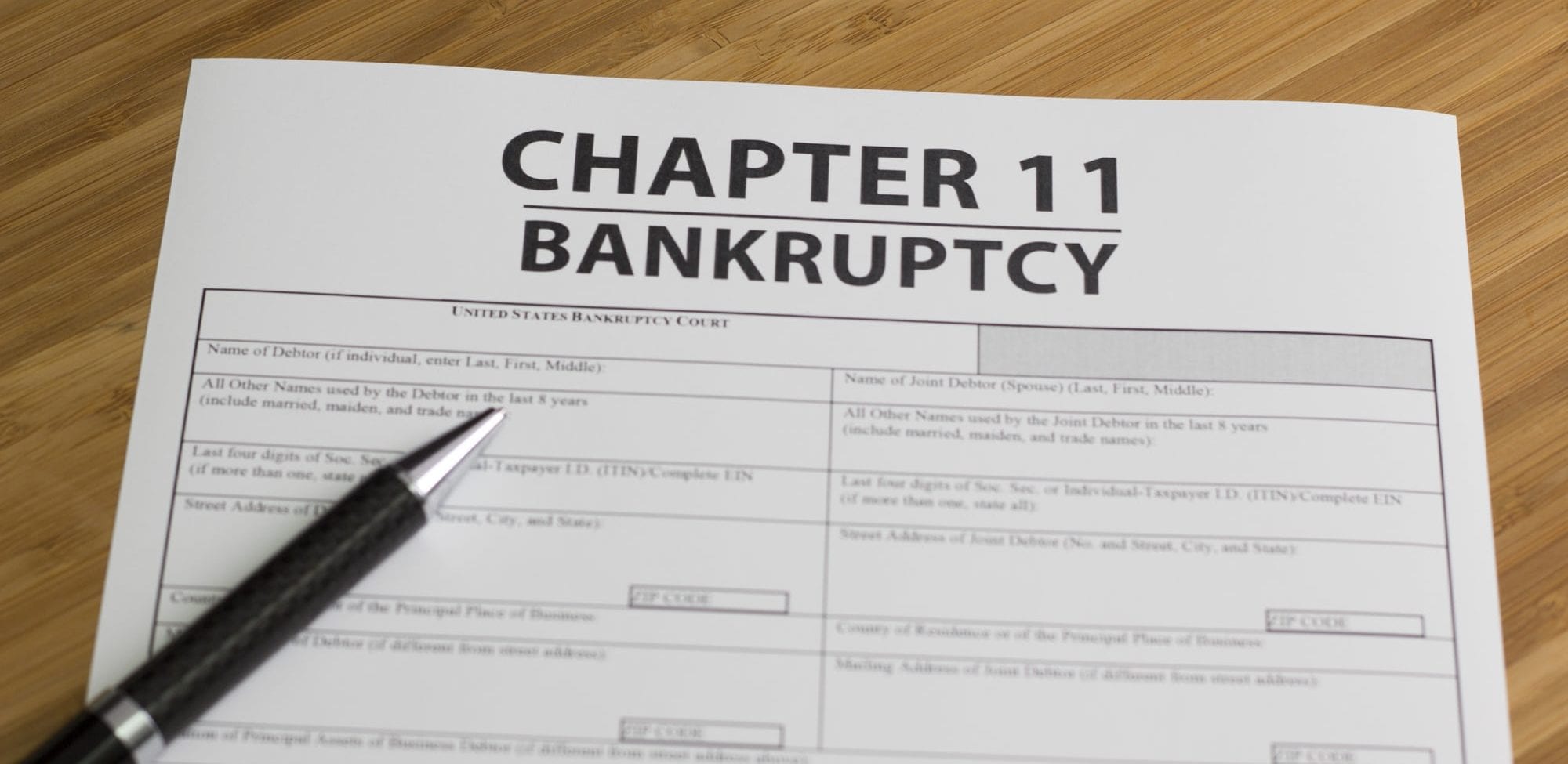Bankruptcy, a legal process that provides individuals and businesses with a fresh financial start, often elicits feelings of fear and uncertainty. In this article, we will explore the reasons behind why people are scared of bankruptcy and provide insights into this complex legal niche.
The Stigma Surrounding Bankruptcy
Bankruptcy is often stigmatized in society. Many people fear that filing for bankruptcy will tarnish their reputation or signal financial failure. This stigma can deter individuals and businesses from exploring bankruptcy as a viable solution to their financial woes.
Lack of Understanding
One of the primary reasons people are scared of bankruptcy is a lack of understanding. The bankruptcy process can be complex, and without proper guidance, individuals may fear making mistakes that could have lasting consequences on their financial future.
Impact on Credit Score
Another significant source of anxiety related to bankruptcy is its impact on credit scores. A bankruptcy filing can indeed have a negative impact on your credit score. However, not filing for bankruptcy when facing insurmountable debt can also have severe credit consequences. It’s essential to weigh these factors carefully and consider the long-term benefits of bankruptcy.
Asset Liquidation
In bankruptcy, some of your assets may be liquidated to repay creditors. This prospect is understandably intimidating, as people fear losing their homes, cars, or other valuable possessions. However, bankruptcy laws often provide exemptions that protect essential assets.
Public Disclosure
Bankruptcy filings are typically a matter of public record. This transparency can be unnerving for those who value their privacy. However, for most individuals, their bankruptcy case will not attract significant public attention.
Loss of Control
Filing for bankruptcy means that a court oversees your financial affairs to some extent. This loss of control can be scary for many people, as they fear that their financial decisions will be dictated by external entities. However, this oversight is often necessary to ensure a fair distribution of assets among creditors and to protect your interests.
Financial Repercussions
While bankruptcy provides relief from debt, it can also have long-term financial repercussions. People often fear that their ability to secure loans, mortgages, or credit cards in the future will be severely hampered. While it’s true that bankruptcy can impact your ability to access credit, it’s not insurmountable, and with time and responsible financial management, you can rebuild your credit.
- Can I keep any assets if I file for bankruptcy? Yes, you can often keep essential assets through bankruptcy exemptions. These exemptions vary by state and can protect your home, car, and personal property, depending on your circumstances.
- Will bankruptcy ruin my credit forever? Bankruptcy does impact your credit score, but it’s not a permanent stain. With responsible financial management, you can rebuild your credit over time.
- Do I have to sell my home if I file for bankruptcy? In most cases, you won’t have to sell your home if you file for bankruptcy, especially if you have significant equity in the property and utilize homestead exemptions available in your state.
- Can I file for bankruptcy if I’m unemployed? Yes, you can file for bankruptcy while unemployed. The court will assess your income and financial situation to determine the appropriate bankruptcy chapter.
- Will my bankruptcy be public knowledge? Yes, bankruptcy filings are generally public records, but unless your case is of significant public interest, it’s unlikely to attract widespread attention.
Conclusion
Bankruptcy is a complex legal process that often evokes fear due to societal stigma, misconceptions, and concerns about its financial consequences. While it’s essential to approach bankruptcy with caution and seek professional guidance, it can provide individuals and businesses with a way to regain financial stability and a fresh start. Understanding the process, dispelling myths, and consulting with a bankruptcy attorney can help alleviate some of the fears associated with bankruptcy. If you’re facing overwhelming debt, remember that bankruptcy is a legal tool designed to provide relief and an opportunity for a more stable financial future.







